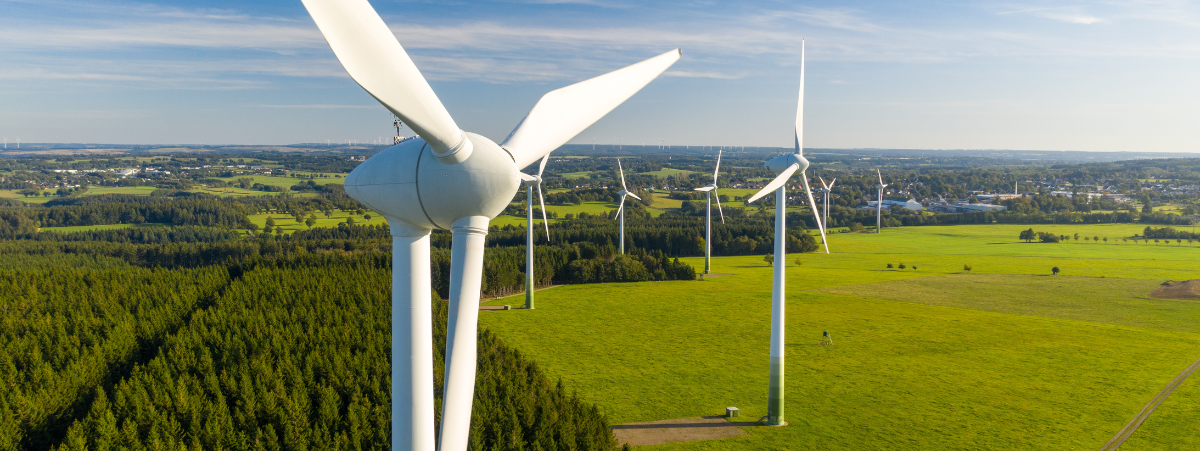Football, the world’s most loved sport, is taking positive steps towards sustainability and aiming to become carbon neutral.
This exciting development holds tremendous promise for the future of the game and the environment. In our previous article on ‘The Carbon Footprint of Football,‘ we explored how clubs can calculate their environmental impact as well as the ambitious goals set by the Qatar World Cup. While some challenges have arisen, it is essential to recognize the positive strides being made.
The Qatar World Cup Spurs Progress
Recent revelations surrounding FIFA’s claim of carbon neutrality for the 2022 World Cup in Qatar have highlighted the importance of transparency and accurate reporting. Concerns were raised regarding underestimations of emissions from stadium construction and transportation, leading to a carbon footprint exceeding the previous three World Cups.
In response to the complaints, FIFA has confirmed climate change is the world’s most pressing global challenge. They acknowledged the impact sporting events have on the environment, economy, and communities and affirmed their commitment to improving their approaches and collaborating with stakeholders. As football looks ahead to the Women’s World Cup in Australia and New Zealand and the 2026 World Cup hosted by the United States, the focus on environmental sustainability becomes even more important.
Game Changers: Women’s World Cup Players Unite for Climate Action.
In a positive move for football, we discovered this week that forty-four players participating in the Women’s World Cup have united with a shared mission: taking bold action against climate change, particularly concerning the flights associated with the upcoming tournament in Australia and New Zealand.
By calculating the environmental impact caused by their travel to and from the World Cup, taking into account the carbon tonnage emitted by each individual flight, they have decided to donate money to several carbon offsetting initiatives. Their collective effort not only aims to make a positive impact on the global climate crisis but also seeks to inspire and leave a lasting impression on World Cup supporters worldwide.
Paving the Way for the 2026 World Cup
As anticipation builds for the 2026 World Cup, set to be hosted by the United States, the spotlight is now on establishing new standards for environmental sustainability in sport. FIFA and the event organizers have expressed their commitment to a carbon-neutral and zero waste tournament. The United Bid, comprising the United States, Canada, and Mexico, aims to deliver measurable environmental benefits before, during, and after the competition.
Beyond the Pitch: Sustainable Football Initiatives in Action
The United Nations Sport for Climate framework plays a crucial role in promoting sustainability. Football clubs like Liverpool, Tottenham Hotspur, and Southampton have joined this initiative, highlighting their commitment to the cause. Formulated after the adoption of the 2015 UN sustainable development goals and the ratification of the Paris agreement in 2016, this framework aims to bring together diverse sports organizations. It sets out five priorities that strive to guide the sports industry towards achieving the ambitious target of reaching net zero carbon emissions by 2050.
Read more about how grassroots football are taking strides to address the world’s biggest challenge.
Football’s Impact and ClimateTrade Technology
The impact of football on climate change should not be underestimated. The energy requirements of stadiums, facilities, and equipment, coupled with carbon emissions from transportation, waste management, and construction projects, contribute to the sport’s carbon footprint. Additionally, football’s wide-ranging connections to industries like sponsorship, broadcasting, and club ownership further amplify its environmental impact.
ClimateTrade has already facilitated carbon neutrality for sporting events like the BBVA Open Internacional Valencia Tennis Tournament and will offset for the second year the emissions of the World Football Summit in Sevilla.
The ClimateTrade marketplace, utilizing blockchain technology, hosts over 150 international carbon mitigation projects. These projects, certified by recognized standards and aligned with the UN Sustainable Development Goals, encompass renewable energy, reforestation, ecosystem conservation, and community support, ensuring tangible impact in the fight against climate change.
Moreover, the ClimateTrade API offers an innovative solution for stadiums and points of sale. Fans can now offset their carbon footprint while purchasing tickets, gaining valuable information about specific projects and their environmental and social contributions.
Looking to the Future
Football’s journey towards carbon neutrality and sustainability is a testament to the sport’s commitment to the planet and its fans. While challenges remain, the industry’s proactive steps, in collaboration with organizations like ours are paving the way for a greener and more environmentally friendly future.
For more information about how ClimateTrade supports carbon-neutral football, please contact us. Together, we can make a positive impact in the fight against climate change5








